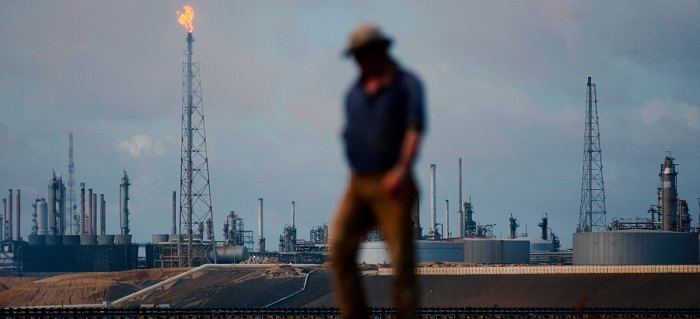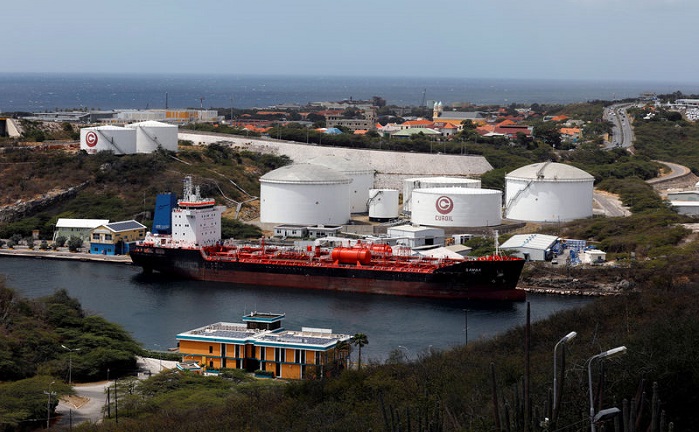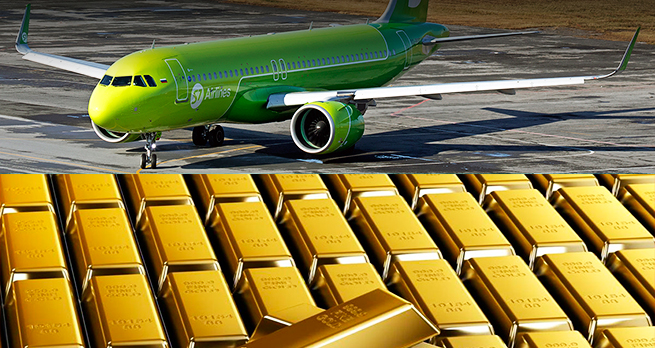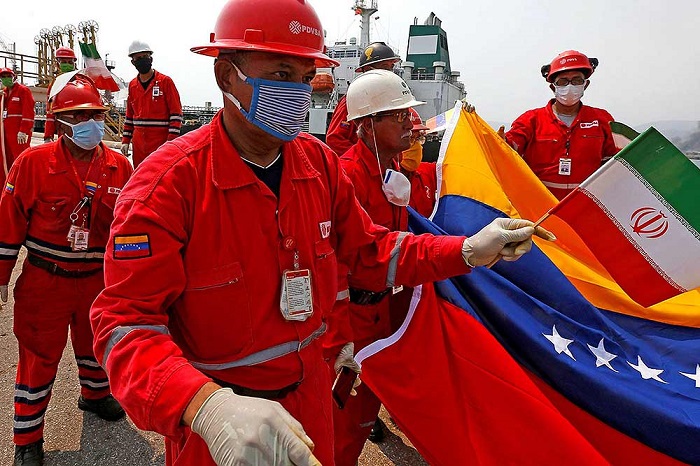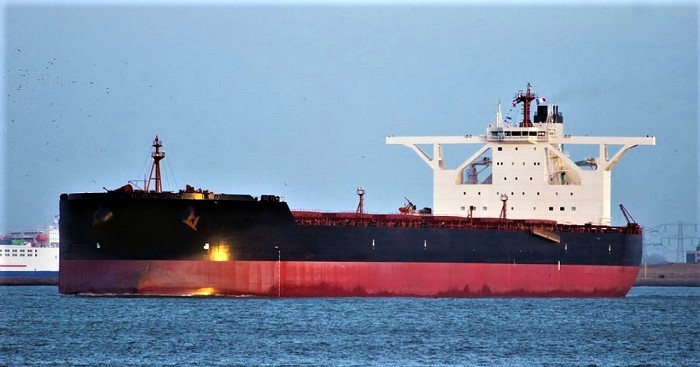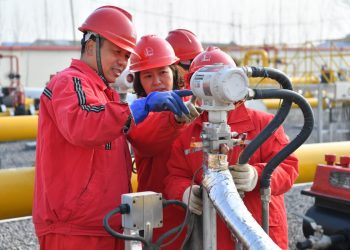Venezuela is opening up to foreign investment in its oil industry, President Nicolas Maduro said this week, in a bid to reverse a catastrophic drop in its output under the weight of U.S. sanctions
Jorge Jraissati reported for Anadolu Agency this week that Maduro said in its annual accountability speech that Venezuela will aim to pump 1.5 million barrels of oil daily, which will need help from foreign partners.
Venezuela’s state oil company PDVSA already has foreign partners, in all fairness. However, foreign investments in Venezuela’s oil industry are capped at 49 percent of any given project to protect state control of the industry.
Now, with the industry—and Venezuela’s whole economy—in tatters, this may have to change. Indeed, a year ago, there were reports that the Caracas regime was ready to cede control of its oil industry to a foreign company, with names such as Russia’s Rosneft, Spain’s Repsol, and Italy’s Eni rumored to be among the potential suitors.
The pandemic interfered with whatever plans were being made before March 2020, but there is legislation approved by the Venezuela National Assembly that allowed Maduro to effectively privatize PDVSA.
The law, dubbed “Anti-Blockade Constitutional Law for National Development and Guarantee of Human Rights,” aims to counter the effects of U.S. sanctions on the Venezuelan economy by offering new ways for foreign investors to participate in this economy and also giving more powers to the government. According to critics, the new law would threaten Venezuela’s sovereignty by inviting more private capital and opening up opportunities for privatization in strategic economic sectors.
Meanwhile, Venezuela’s crude oil production has dropped to the lowest since 1940, at 557,000 bpd, according to the latest OPEC monthly report. Reversing this and boosting it to 1.5 million bpd will require substantial investment at a time when global oil demand is still weak.



